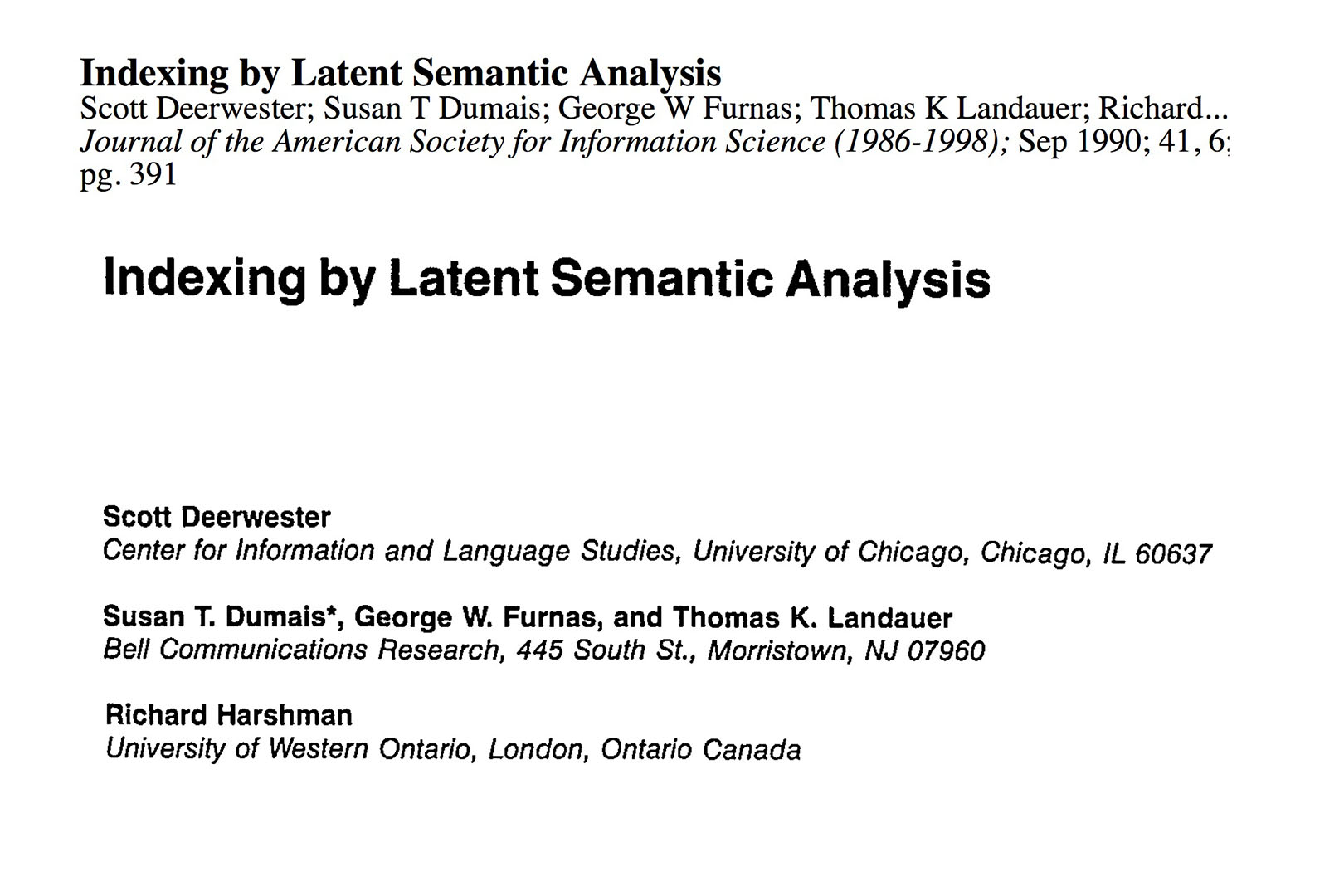
Musing about money improves self-control, Bates study finds
A Bates psychology study based on a recent senior thesis suggests that thinking about money boosts self-control.

Priming your mind with money-related words and ideas can improve self-control, according to a new study co-authored by Bates graduate Monthe Kofos ’11 and Associate Professor of Psychology Helen Boucher.
The study appears online in the Journal of Experimental Social Psychology (purchase required) and is co-authored by Associate Professor of Psychology Helen Boucher and recent graduate Monthe Kofos ’11, based on his senior thesis research last year.
The Boston Globe highlights the study in its March 11 edition, noting that “understanding how self-control works — and when and why it doesn’t — is a hot topic in psychology.”
Reporter Kevin Lewis explains that “a study out of Bates College now suggests that one thing that can boost willpower is the mere thought of money.”
In psychological research, a person’s waning self-control is called “ego-depletion,” reflecting the idea that willpower is an exhaustible resource.
In the Bates study, Kofos, with Boucher as his adviser, used tools of the research trade to conduct a straightforward but telling test about the power of just thinking about money.
“Those reminded of money performed better.”
A study group of five dozen Bates students was divided into a control group and test group. The test subjects first completed a mind-bending editing task, which depleted their self-control. Then they were exposed to money-related words, “priming” their minds with money, as it were. Finally, their self-control was put to the test again.
Turns out, the notions of money restored their self-control. Boucher and Kofos report that “among depleted participants, those reminded of money performed better on the second self-control task than those reminded of neutral concepts.”
A followup experiment by Boucher “suggests that this buffering effect was due to money reducing both the subjective difficulty and effort required on the second self-control task.”
Boucher’s recent projects include the role of culture in shaping self-knowledge, self-evaluation and the pursuit of uniqueness in identity; the role of important others in self-regulation; and the effect of threats to meaning systems on self-knowledge. Now in her seventh year at Bates, she received a doctorate at the University of California.
Kofos is living in the Boston area, where he is a counselor at an inpatient psychiatric ward at a local hospital while applying to graduate programs.






